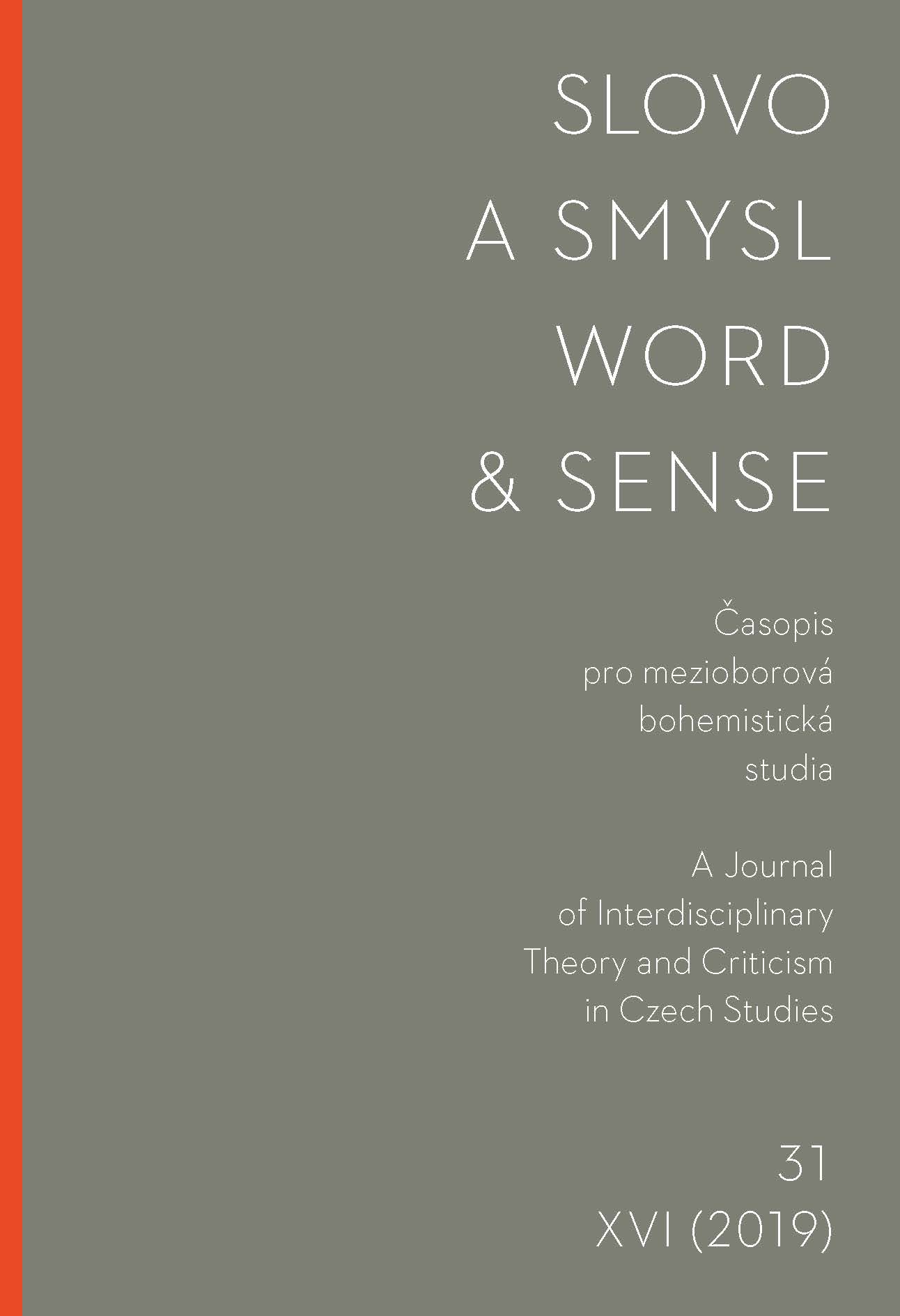Krátké formy v tvorbě Samuela Becketta ve vztahu k otázce poznání
The Short Forms in Samuel Beckett’s Work in Regard to the Cognitive Problem
Author(s): Żaneta NalewajkSubject(s): Language and Literature Studies, British Literature
Published by: Univerzita Karlova v Praze - Filozofická fakulta, Vydavatelství
Keywords: Samuel Beckett; short forms; cognition; fragment;
Summary/Abstract: Beckett’s epistemological pursuit of brevity can be found even in the titles or subtitles of writingslike From an Abandoned Work, Rough for Theatre I and Rough for Theatre II, Come and Go. A Dramaticule, Intermedium or Ohio Impromptu. Para- and/or architextual wordings like ‘intermedium’, ‘rough’,‘a dramaticule’, ‘impromptu’ or ‘from an abandoned work’ provide further examples of this tendency. The main goal of this article is to present Beckett’s specificity against the background of thetradition of genres and the poetics of the romantic fragment. The author also analyzes the connection between the structure and style of Beckett’s works and their epistemological and aesthetic functions. She presents how, by engaging with Romanticism, Beckett reveals the illusion of the infinite,representing it as a derivative of the human mind rather than an objective quality. Despite this basicdifference, the poetics of fragment in the works of this Irish writer becomes a mode of manifestinguncertainty and sometimes even of cognitive incapacity.
Journal: Slovo a smysl
- Issue Year: 16/2019
- Issue No: 31
- Page Range: 63-70
- Page Count: 8
- Language: Czech

